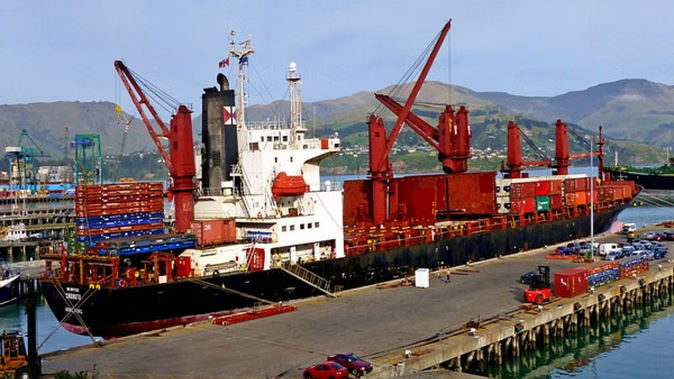Global Greenhouse Tax: Many big countries agree to impose tariffs on international shipping, important decision in UN shipping talks

New Delhi| Many of the world’s largest countries have agreed to put a value on emissions caused by international shipping. After the important decision taken in the United Nations shipping talks, this will now be the first time that the entire global region will work under the international carbon pricing mechanism. This decision was taken in the meeting of the International Maritime Organization (IMO – International Maritime Organization) on Friday, in which America did not participate.
Tax objective: To make shipping environment friendly
This IMO tax will come into effect from 2028 and aims to move the shipping industry towards cleaner and greener fuels. Pollution from ships is responsible for three percent of carbon emissions globally. As ships grew larger and carried more cargo, so did their fuel expenses and pollution.
If the rules are not followed then tax will have to be paid
Under this new rule if a country has not contributed to IMO’s net zero fund or its ships are not complying with environmental standards, it will have to pay a tax of US$ 100 per tone of carbon dioxide.
What is IMO and its goal?
IMO is the organization governing the world’s shipping activities. It aims to bring the shipping industry up to net-zero emissions by 2050. That means that the amount of greenhouse gases that ships emit is in some way perfectly balanced.
New standards set for marine fuel
IMO also decided in this meeting that in the coming time the fuel used in ships will be made cleaner (less polluting). For this, a ‘Global Fuel Standard’ has been set, which will be implemented gradually. Another major decision was taken during this meeting, under which the North-East Atlantic Ocean has been declared an emission control area. Ships passing through this area will have to follow strict environmental regulations and adopt clean fuel and engine technology.
Which countries adopted what stance?
More than 60 countries participated in this meeting. Pacific island countries supported imposing direct taxes because climate change is a threat to their survival. Countries like China, Brazil, Saudi Arabia and South Africa supported the credit trading model (i.e. trading instead of tax). Eventually, an agreement was reached between the two parties and a common model was adopted.
America remained missing from the meeting
America did not participate in this important decision. The Trump administration opposed the meeting, saying the tax would put an economic burden on the shipping industry and increase inflation. The US warned that it could retaliate if its ships were taxed.





